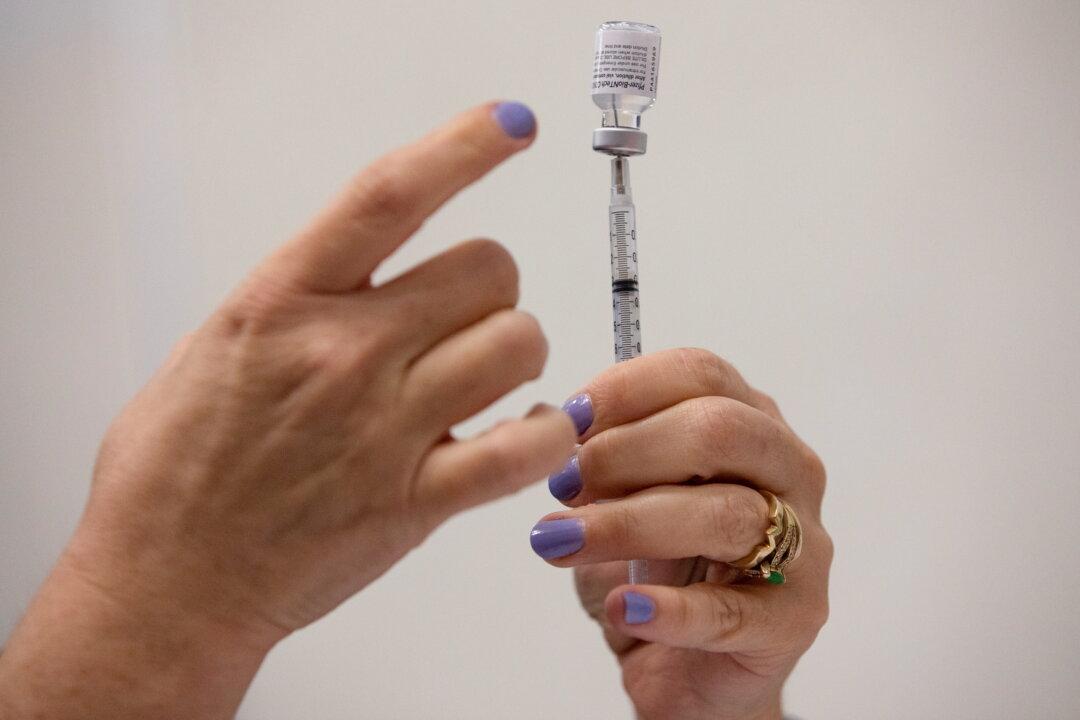The U.S. Centers for Disease Control and Prevention (CDC) on Tuesday backed the Food and Drug Administration’s (FDA) decision to offer COVID-19 booster doses after five months, rather than six months.
The recommendation applies to the Pfizer-BioNTech mRNA vaccine, according to the agency. The CDC still suggests that the Moderna and Johnson & Johnson recipients get their boosters six months and two months, respectively, after they get their initial vaccines. On Monday, the FDA said the new booster interval guidance applies to individuals aged 12 and older.





